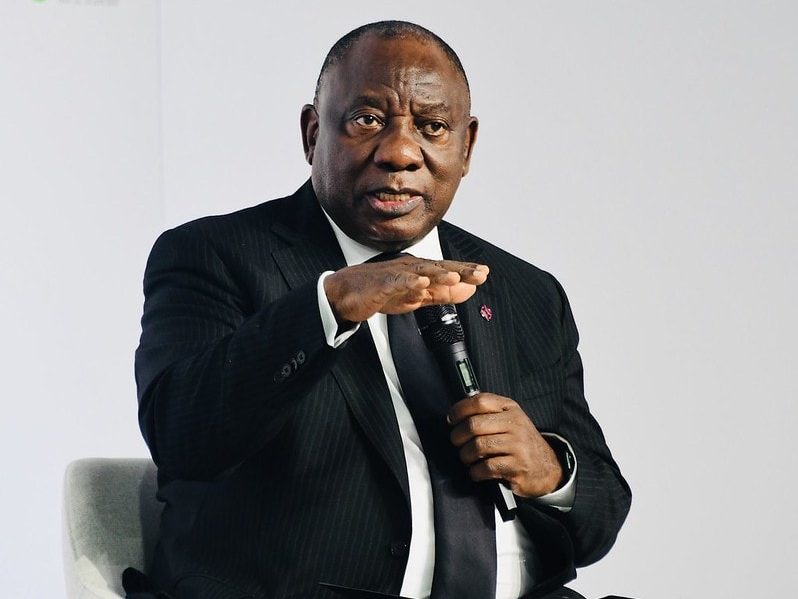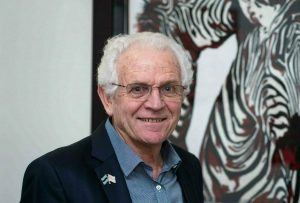South Africa, like many other countries on the continent, maintains that the industrialized world, i.e. developed countries, which had the largest share in the emission of greenhouse gases, “has a responsibility to finance what developing countries have to do in order to protect people from climate change”.
And, says pres. Cyril Ramaphosa in his weekly letter, since these countries were able to develop their societies through economic activities that caused the current climate crisis, “they should also contribute to the achievement of international development goals such as the eradication of poverty, the improvement of health outcomes, the expansion of access to quality education, promoting gender equality and ensuring that everyone has access to clean water and sanitation”.
In the newsletter, Ramaphosa refers to poorer countries that are trying to deal with the climate crisis. His comments follow his visit to Paris last week where he attended a summit on an international financing pact.
“As we said at the summit; we don’t want to be treated like beggars asking for charity,” he says.
“The fact remains that the industrialization and economic development of the global north has been achieved at the expense of the global south. Richer countries therefore have an obligation and an interest to support development and climate action in poorer countries.”
South Africa said at last week’s summit that the international financial institutions responsible for supporting development worldwide must undergo “a fundamental restructuring”.
“These bodies, which include the World Bank and International Monetary Fund (IMF), need to be restructured to be more inclusive and responsive. They must provide financing in a way that does not increase the debt burden of countries that are already struggling to pay their debts.”
Ramaphosa says it has been made clear to his international allies the extent of the challenges that developing countries, such as South Africa, are facing and that sufficient money must therefore be made available to tackle them.
To begin with, Ramaphosa demands that industrialized countries must meet their existing obligations, such as mobilizing $100 billion (or R1.8 billion) per year for climate-driven steps in developing economies.
Even if this goal is achieved, Ramaphosa says much more money will be needed to “ensure an effective response to climate change”.
South Africa’s own equitable energy transition plan is estimated to require around $98 billion over the next five years.
There was an overall consensus among most of the countries that more financing is needed and that international development banks must be reformed so that the money can be used where it has the greatest impact.
However, the Paris Summit is not a formal structure through which international agreements are reached.

What will more money mean for SA?
According to Ramaphosa, more funding from international bodies may mean an end to load shedding.
Not only will it be possible to invest in strengthening the country’s power grid, but there will also be money for new renewable power infrastructure.
“This will make a significant contribution to ending load shedding and also ensure a reliable and affordable supply of electricity,” he says.
“This will in turn promote economic growth, make our exports more competitive and create jobs.”
Additional funding will also ensure that South Africa develops new industries, such as the construction of electric vehicles, which will further create jobs and build the economy in the future.
There can also be more investment in infrastructure, the capacity of the economy can be expanded and the costs for emerging companies can be reduced.
“While there are immediate challenges facing us as a country… we must continue to raise the needs and interests of developing economies at these international forums so that we can raise the funds necessary to achieve a just transition and advance our development goals. ,” he says.
“More than ever, international solidarity and transfers from the richest countries to the most vulnerable countries are essential to create a fairer world.”








